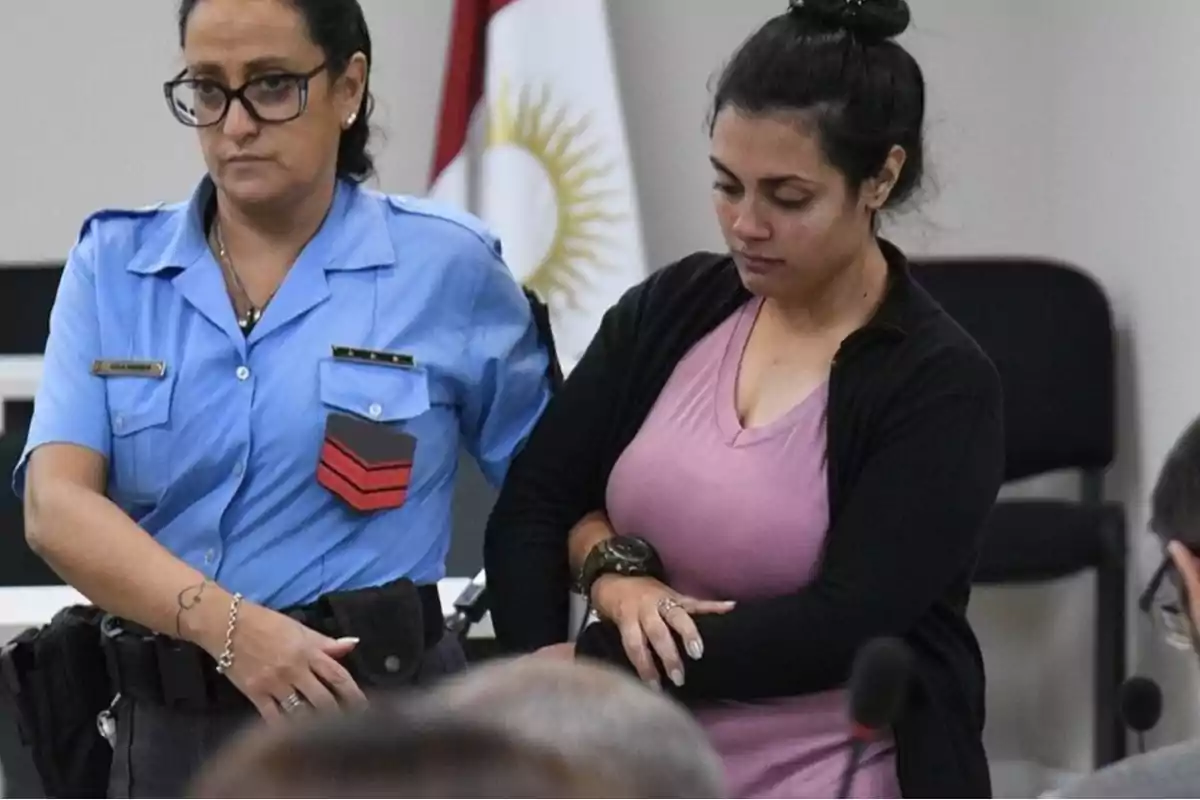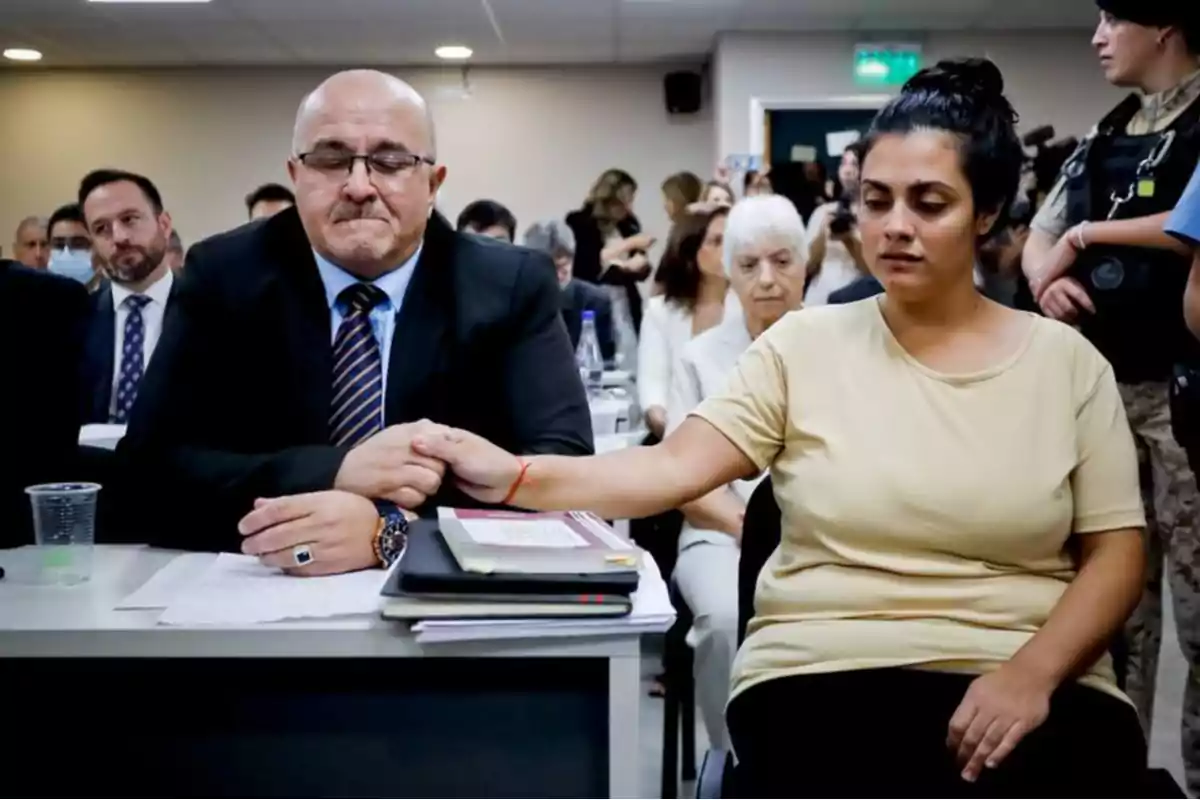
Chamber 11 upholds the sentence against Agüero and dismisses nullity in Neonatal
The judges verified that the jury selection complied with current regulations and there was no lack of impartiality
Brenda Agüero's defense requested the annulment of the trial that sentenced her to life imprisonment for the attacks on babies in the Neonatal. They argued that a juror may have concealed key information during jury selection, which could compromise impartiality. They also questioned the dynamics of the process and the limited evaluation of candidates during the “voir dire.”
The court reviewed the arguments and documentation submitted by the attorneys and found that there was no concealment that affected the juror's objectivity. They determined that the jury selection was conducted in accordance with current law and in compliance with procedural rules. They concluded that the defendant had a fair trial without irregularities that would invalidate the sentence.
The judges of the 11th Chamber ratified the validity of all decisions made during the trial and confirmed the sentences imposed. They pointed out that the defense's objections lacked foundation and that the juror acted objectively. They also emphasized that any doubts expressed by the juror were understandable given her first judicial experience.

Defense insists on possible conflicts of interest involving the juror
The attorneys indicated that the juror had been a patient at the Neonatal Hospital during a pregnancy and had an academic relationship with an indicted teacher. They argued that this situation created a risk of bias that should have been considered for annulment. They also criticized the “voir dire” for being brief and not allowing sufficient inquiry into possible conflicts.
They maintained that these circumstances could affect the jury's neutrality and that any unfavorable ruling could be influenced by these prior connections. They stressed that the lack of control over the information disclosed represented a significant procedural risk. They also insisted that reviewing the trial was necessary to guarantee the defendant's rights and judicial transparency.
The defense recalled that the public exposure of the case caused social condemnation of the defendant and her relatives. They pointed out that the review would allow public perception to be balanced with the principle of justice. Finally, they requested that measures be taken to ensure that future hearings respect all legal principles.

Prosecution and plaintiffs uphold the validity of the process and the juror's objectivity
The Public Prosecutor's Office and the plaintiffs pointed out that the juror had declared her status as a student and user of the public health system. They stated that there was no concealment of information and that the selection was carried out correctly. They also highlighted that repeating the trial would pose a risk of revictimizing the children and their families.
The representatives of the prosecution and plaintiffs clarified that the defense's arguments reflect strategy issues rather than actual irregularities. They emphasized that the juror voted in a balanced manner between convictions and acquittals. The prosecutor maintained that the trial was fair and that there is no reason to annul the sentences, upholding the conviction.
The Chamber concluded that the selection hearing was conducted in full compliance with current regulations. They pointed out that the juror acted objectively and that her votes demonstrated impartiality. This way, they confirmed that the sentence stands and that the annulment arguments lack legal basis.
More posts: